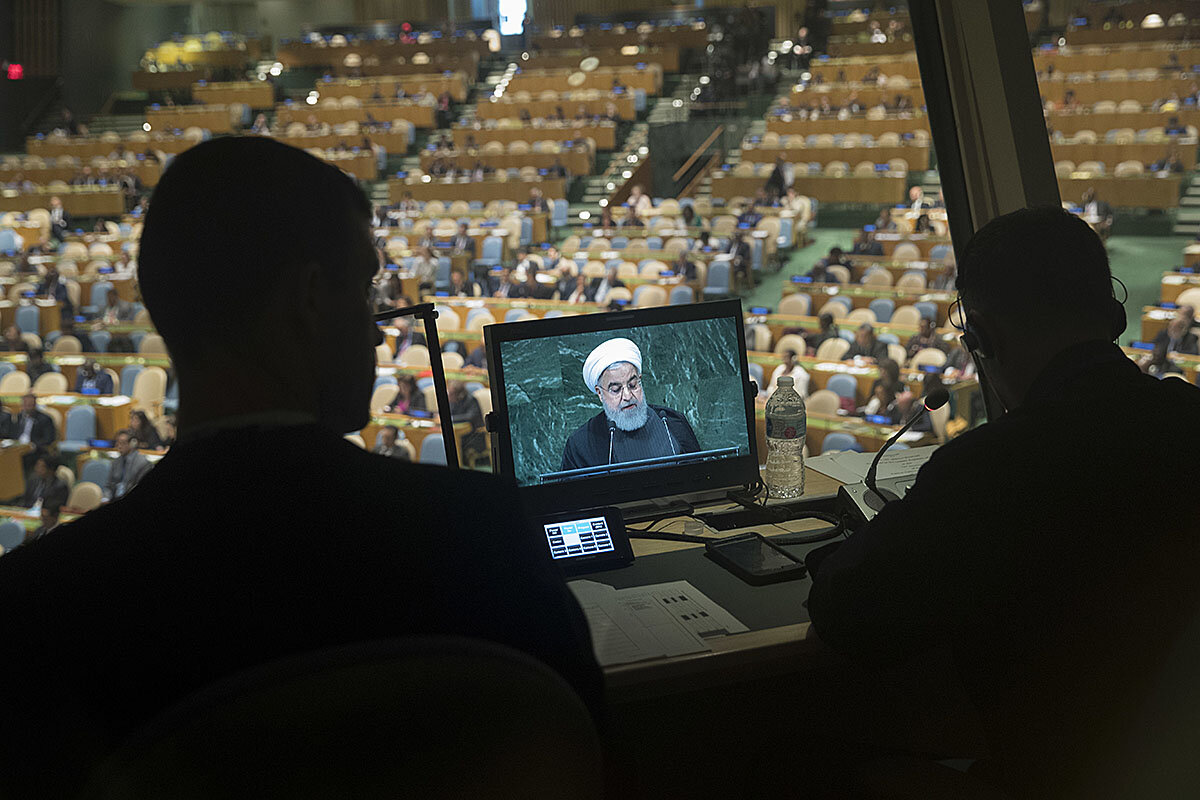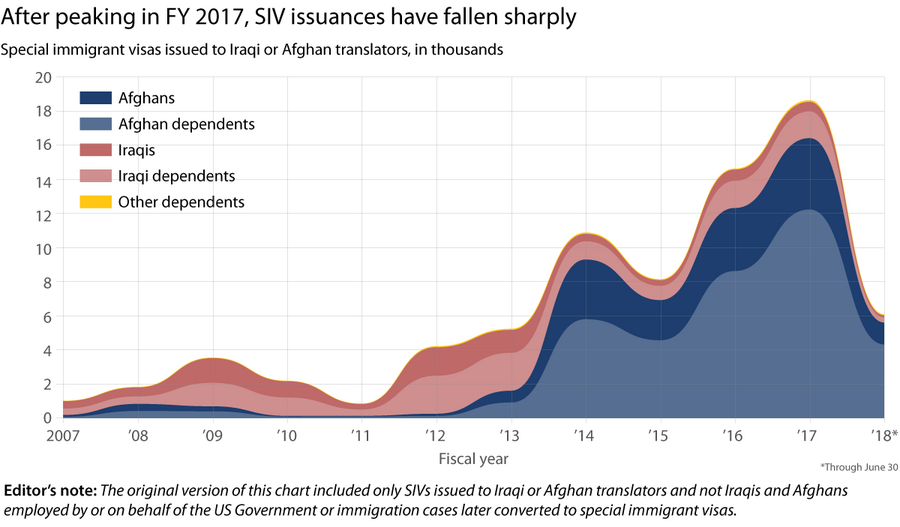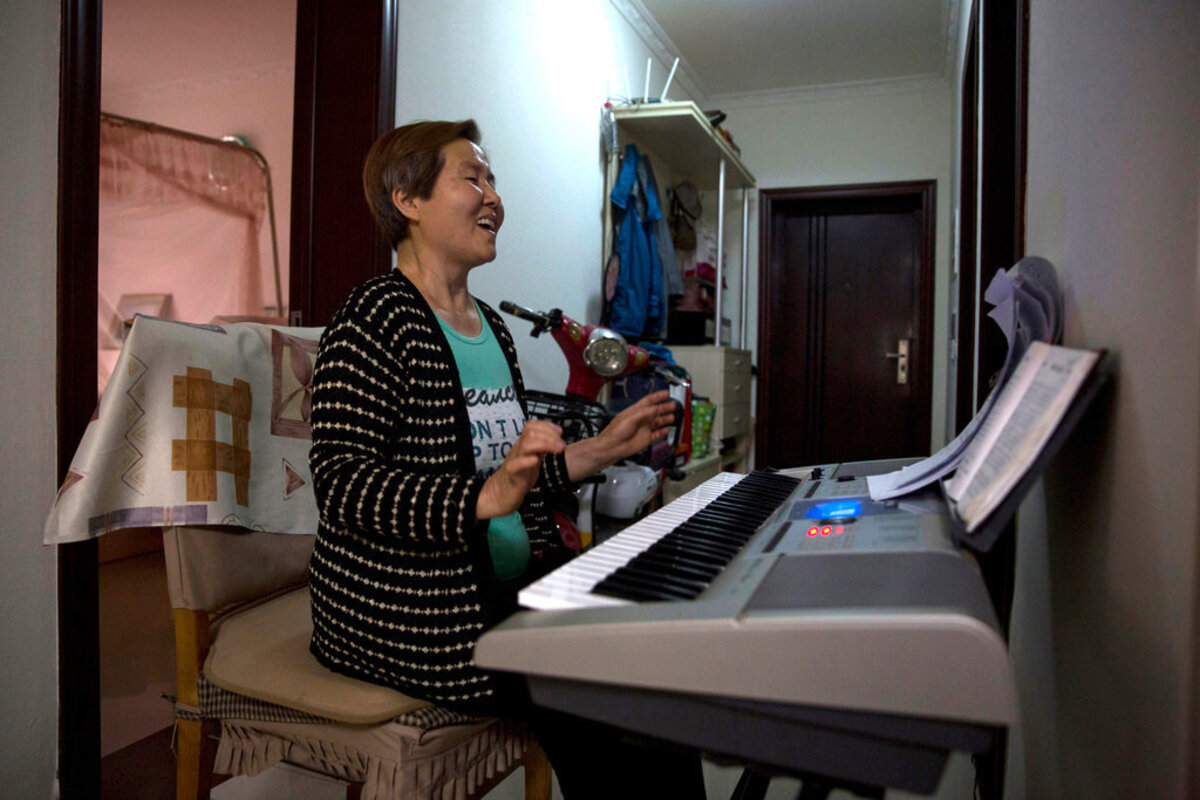Compromise or confront?
For decades, followers of the various religions in China have often felt a need to make such a choice whenever their beliefs or worship were oppressed by the ruling Communist Party.
In the past two years, following a few decades of leniency by the party, that oppression has grown worse. Hundreds of churches have been destroyed. Mosques have been altered. A famous Buddhist monastery was forced to fly the national flag.
In April, online sales of the Bible were banned. Thousands of Muslim children have been taken from their parents and taught to reject Islam. Officials now bar children from attending Christian services or require the singing of Communist Party songs instead of hymns.
Under leader Xi Jinping, the party has decided that its secular ideology and its long-term survival depend on expelling “foreign” values, such as liberty of conscience. It has launched an active campaign of “thought reform” among religious believers.
“We must resolutely guard against overseas infiltrations via religious means,” he said in 2016.
In the midst of this official crackdown – which includes not only religious faithful but also writers, artists, and legal activists – the Vatican signed an agreement on Sept. 22 with the government. The pact is aimed at ending a decades-long stalemate over whether the party or the Roman Catholic Church should choose local clergy in China.
The details remain secret and the “provisional” agreement has drawn heavy criticism from Catholics who claim the Holy See has rendered too much unto Caesar. But to his credit, Pope Francis released a statement that might help all religious followers in China.
He stated that the church simply needs to find “authentic shepherds” who are “committed to working generously in the service of God’s people, especially the poor and the most vulnerable.”
The pope said the trials that Chinese Christians have long endured are a “spiritual treasury” in which God “never fails to pour out his consolations upon us and to prepare us for an even greater joy.” Chinese Catholics, he said, must be seen to have “a greater commitment to the service of the common good and the harmonious growth of society as a whole.”
Regardless of painful experiences of the past or wounds not yet healed, he said, the path to reconciliation is through fraternity, forgiveness, dialogue, and service.
He is throwing seeds on fertile ground.
A 2017 poll found 47 percent of Chinese identified “moral decline” as their chief concern. And in a remarkable essay called “Imminent Fears, Immediate Hopes” published in July, Xu Zhangrun, a professor of law at Tsinghua University in Beijing, wrote:
“People nationwide, including the entire bureaucratic elite, feel once more lost in uncertainty about the direction of the country and about their own personal security, and the rising anxiety has spread into a degree of panic throughout society.”
Professor Xu added that a nation’s maturity requires a freedom of spirit and that “attempts to silence it cannot detract from the realities of shared human ideas.”
Many Christians in China are learning how to preserve such a freedom of spirit, even if it is by simply reading the Bible alone each day. Many now meet in smaller groups and not on a Sunday. They have turned their form of worship into outward compassion toward neighbors in need.
One Christian in Zhengzhou told The Associated Press after the recent breakup of her church by officials, “The people have dispersed, but our faith has not. God’s path cannot be blocked. The more you try to control it, the more it will grow.”
Others in China facing oppression have come to similar conclusions.
A famous Tibetan Buddhist, author Tsering Woeser, wrote in a 2015 blog that her troubles with authorities were a blessing in disguise, giving her “a precious kind of spiritual freedom for which I am deeply grateful.”
And before China’s most famous political dissident, Liu Xiaobo, died in prison last year, he wrote that he holds no animosity toward his jailers or the Communist Party. “Hatred can rot away at a person’s intelligence and conscience. Enemy mentality will poison the spirit of a nation, incite cruel mortal struggles, destroy a society’s tolerance and humanity, and hinder a nation’s progress towards freedom and democracy,” he wrote.
The party’s fears of religious faith as an uncontrollable force should not be mirrored back by the faithful. Rather, qualities of love found in most faiths can influence human thinking. For Christians, Muslims, and others in China, the choice of how to deal with oppression need not be between compromise and confrontation.
 Mark Sappenfield
Mark Sappenfield











